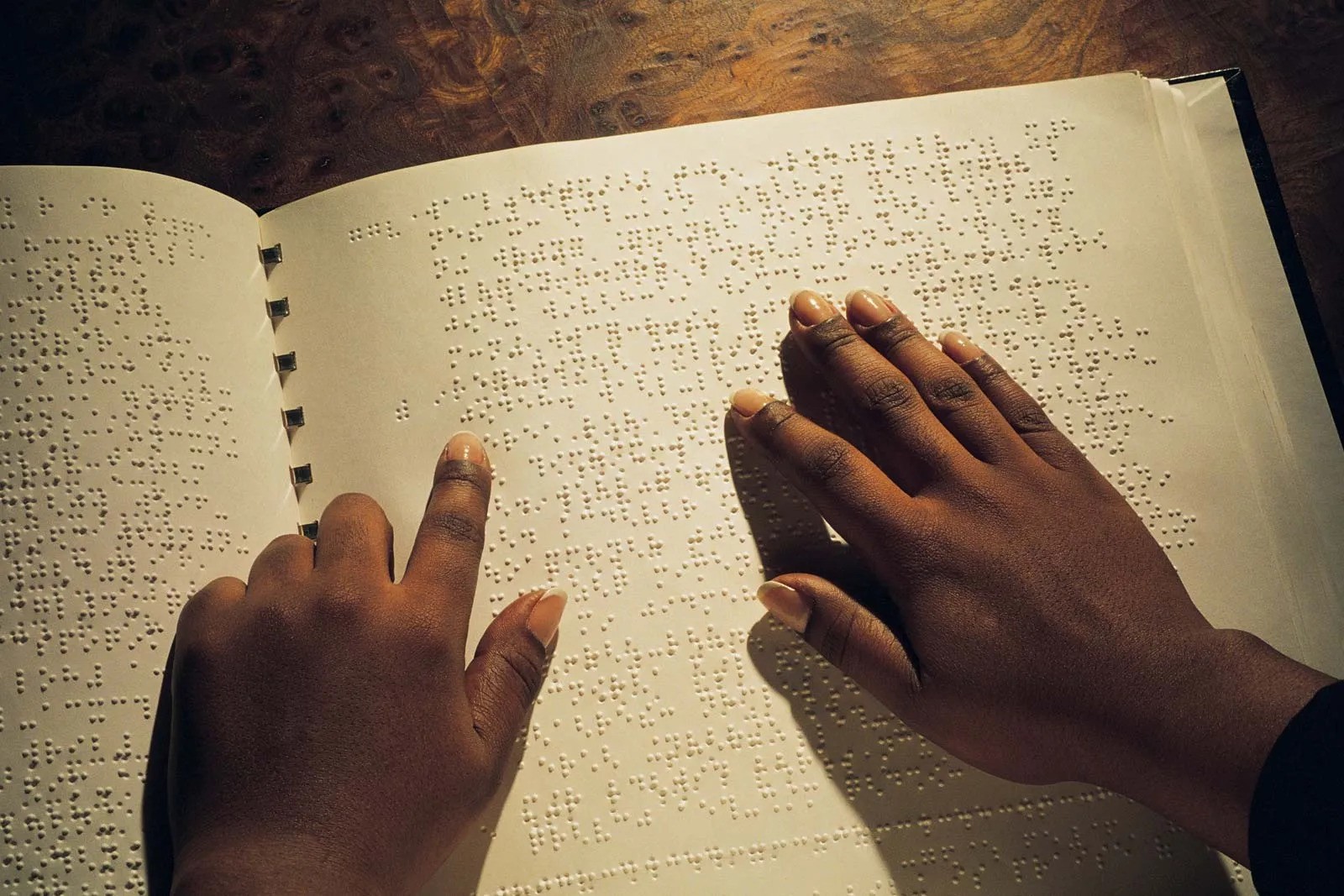Challenges and Benefits of Braille Language in Education
Braille language, a tactile writing system used by individuals with visual impairments, plays a crucial role in education and daily life. While Braille offers numerous benefits in promoting independence and communication, its usage also presents challenges that individuals with visual impairments may encounter.
Read articleAssistive Technology’s Impact on Braille Language Development
Assistive technology has revolutionized the way individuals with visual impairments interact with the world around them. In particular, when it comes to learning and mastering Braille, assistive technology plays a crucial role in enhancing accessibility, independence, and educational opportunities for the visually impaired.
Read articleThe Significance of Braille Language for the Visually Impaired
Braille language is a tactile writing system used by individuals who are blind or visually impaired. This language is essential for empowering individuals with visual impairments and providing access to knowledge and education. In this analytical study, we will explore the significant importance of Braille language in empowering the visually impaired and enhancing their quality of life.
Read articleThe History and Importance of Braille Language
Braille language, named after its creator Louis Braille, is a tactile writing system used by individuals who are blind or visually impaired. Its history and significance are deeply intertwined with the empowerment and independence of the visually impaired community.
Read articleWhat is Braille Language?
Braille language is a writing system that uses raised dots to represent letters of the language. Each Braille letter consists of a set of small dots arranged in a small square box called a "Braille cell." These dots can be arranged in different patterns to represent letters, numbers, and symbols.
Read article





